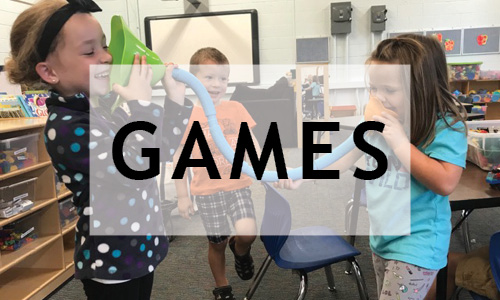Advantages and Disadvantages of Delaying Kindergarten
There has been a growing trend over the last 20-30 years for parents to hold their children out of kindergarten until they’re older, many starting their children later than 5 years of age.
New research by Darren Dubotsky, PhD, and T. Elder, in the Journal of Human Resources, challenges that trend, suggesting that older children entering kindergarten have a short-lived advantage due to an extra year to learn skills. Once they enter school, all the students no matter what the age, learn at the same pace. At entry, older students scored better on tests than their younger peers but that gap narrows to less than 4 percent by eighth grade. The researchers say that if students that are older at entry to kindergarten learned at a faster pace, this would be reflected as they progress through the grades, which is contrary to what they found.
There are both positive and negative effects of having children in class that vary in age. Younger students tend to score higher on tests when they have older children in their class but the younger students tend to be compared to their older peers and may be more readily identified with learning problems.
As a parent, deciding on whether to send your child to kindergarten or hold him back a year is a daunting question. I always advise parents to listen to their child’s preschool teacher’s input since they know if your child has some of the social skills needed to be available to learn—sitting still, listening, waiting his turn, sharing, taking turns, paying attention and so on. Most kindergarten teachers I have talked to say that if these social skills are in place, they can teach children what they need to know.



